Payman Yazdani of Mehr News International Service reached Professor Nader Entessar to ask him about changes of US foreign policy with Donald Trump now in the White House.
The Trump in election campaign had almost been waging war on trade especially with China; among his unconventional measures was to contact Taiwanese president which was to undermine US commitment to One China Policy which had undergirded for decades the relations between two powers in either sides of the Pacific. Mr. Entessar however believed Trump administration would use the new policy on China in order to elicit from the Asian power concessions in trade, thus using the policy merely for tactical purposes.
Trump has declared that NATO members should pay for their membership. In the past, US paid for the NATO countries which could not pay their membership shares. In response, European countries announced that they would make their own defense treaty. Would you think that US-NATO relations will go through difficult times during Trump presidency?
I think US-NATO relations will face challenges under Trump's presidency. It is difficult to predict how far Trump will push the button in this regard, but it is clear by now that during Trump's presidency we will enter a new, and at times, contentious period in Washington's relations with some of its European NATO allies.
Trump said the US would leave the TPP (Trans-Pacific Partnership). This has discomfited countries like Japan and South Korea. It was for this reason that Japan PM was the first foreign official who visited Trump in his tower. Will the “Pivot to Asia” strategy blemish in Trump era? Will Trump leave TPP?
During his entire presidential campaign, Donald Trump attacked what he called "unfair trade agreements," and singled out such agreements as NAFTA and TPP. Therefore, it is not inconceivable for Trump to try to significantly alter the shape of the TPP. To what extent Trump will be able to do so depends on a combination of domestic and international factors that have supported, and continue to support, global trade agreements and view them as essential to the health and growth of the US and global economy. Furthermore, Obama's "Pivot to Asia" strategy may face challenges, especially if Trump decides to alienate the Asian power China.
Trump first declared he would abolish JCPOA (Iran’s nuclear deal). Then he said new negotiations should take place. What will be his stance on JCPOA? If he abrogates the deal, will Washington allies follow this decision?
Trump's current stance towards the JCPOA can best be described as fluid and shifting. Trump still views the JCPOA as a "very bad deal" and does not feel comfortable co-existing with it. Reince Priebus, the Chief of Staff of Trump's White House, recently likened the JCPOA to a "dying patient" that may not survive the ordeal of his condition. But I think the most likely outcome of Trump's decision regarding the JCPOA will be to continue to criticize it and perhaps support additional sanctions on Iran under the guise of "combating terrorism" and in practice ditch the JCPOA without formally abrogating it. This way, he may be able to keep Washington's European allies quiet or unwilling partners.
Trump has contacted Taiwanese president, which was a challenging measure. What would Trump achieve through this meeting? How will the China-US relations be in Trump era?
If Trump indeed goes ahead and ends the "One China Policy" that has been the cornerstone of US-China relations for over four decades, this will lead to the most fundamental shift in Washington's policy in Asia and will signal a radical shift in how Washington views China as a regional and global power. However, Trump the businessman may be using the threat of ending the "One China Policy" to get concessions on trade and other issues from China. However, tactics that may be useful in a business deal-making may be counterproductive in this respect. There is a limit to the efficacy of conducting foreign policy through threats and blusters.
Nader Entessar is professor of international relations and chairperson of Department of Political Science and Criminal Justice at the University of South Alabama.
Interview by: Payman Yazdani


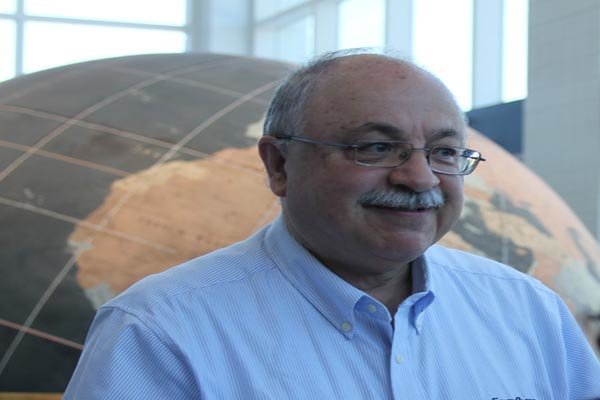
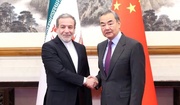
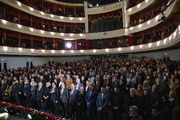

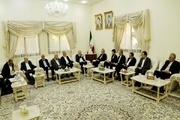
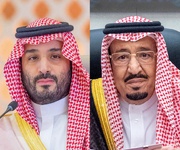
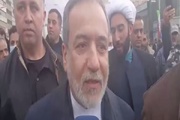
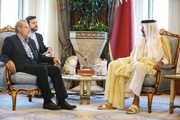
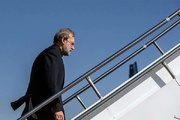







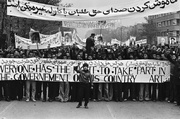



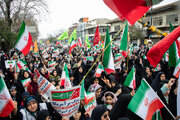
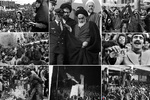
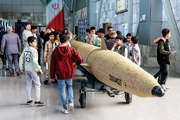

Your Comment